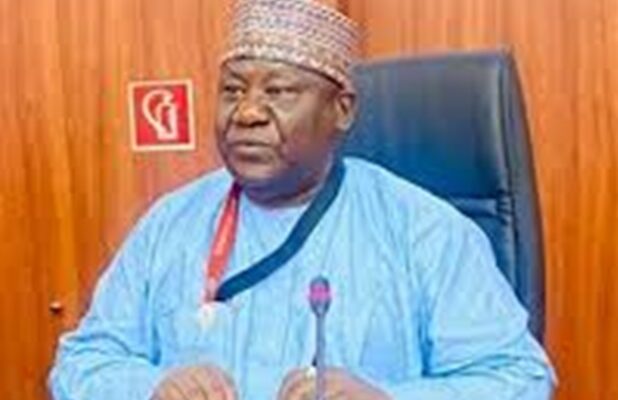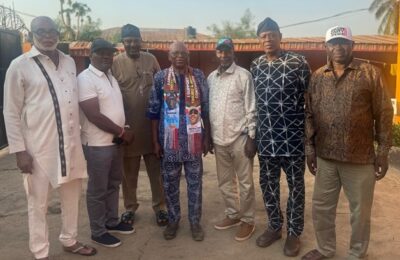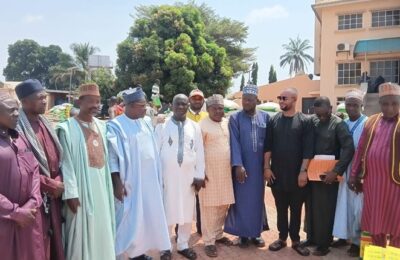The Bureau of Public Service Reforms has identified cultural attitudes toward knowledge and decision-making as significant obstacles to effective decision-making processes within the public service.
The lead consultant at BPSR, Dr. Zakari Lawal disclosed this during a stakeholders’ workshop held in Abuja on Monday.
“Cultural attitudes toward knowledge and decision-making present significant obstacles. Our goal is to enhance the government’s capacity for informed decision-making, but this relies on public engagement with knowledge-driven initiatives. Generally, we have received a good response to our questions despite these challenges,” Lawal said.
The workshop aimed to address the implementation of public service reforms and to highlight the challenges that inhibit effective governance.
Lawal emphasised the importance of public engagement in the reform process, stating, “Our aim is to build the government’s capacity for informed decision-making, but this depends on public willingness to engage with knowledge-driven initiatives.”
He noted that BPSR is facilitating these reforms to gauge the perceptions of beneficiaries and stakeholders regarding these initiatives.
He said the goal is to gather factual, empirical information that will inform necessary adjustments and improvements to the reform process.
“BPSR serves as a coordinating agency that collaborates with virtually all ministries and agencies, championing government reform. The findings from this survey will be crucial for ensuring stakeholders manage reforms effectively. Our aim is to generate empirical evidence rather than rely on anecdotal sentiments, supporting evidence-based policymaking and changes,” he added.
Lawal acknowledged the challenges inherent in conducting such reforms, particularly in the public sector.
He stated, “Working with the public sector can be difficult, especially regarding knowledge-driven initiatives. Governments should be guided by evidence and knowledge, which requires effective tools and stakeholder input for accurate assessments. Often, individuals approach surveys with indifference, viewing them as routine tasks rather than important contributions.”
Lawal pointed out that investing in knowledge-driven projects is often undervalued in Nigeria. While the government readily allocates funds for infrastructure projects, it frequently perceives investment in intangible initiatives as a waste of resources.
“These attitudes hinder progress and complicate efforts to drive change based on knowledge. Resistance to change can be substantial, as people are often accustomed to existing practices,” he explained.
He emphasised that the government must take the findings from this survey seriously, as it is the primary driver of reform. “BPSR’s role is to facilitate these processes, but the ultimate responsibility lies with the President, key ministers, and other executive leaders.”
He said the nationwide scope of the BPSR survey presents funding challenges that may affect execution. As a result, sampling can also be problematic.
Director-General of BPSR, Dasuki Arabi, opened the workshop by expressing gratitude to various stakeholders, including civil society organizations, development partners, and media representatives.
“This meeting provides a platform for us to gauge the implementation level of critical public service reforms,” he stated. Established in 2004, the BPSR serves as the primary agency for coordinating reform initiatives across Nigeria’s public sector.
The workshop focused on a perception survey designed to gather insights from stakeholders regarding the impact of government reforms.
Arabi urged participants to actively contribute to the reform dialogue, stressing that the future of Nigeria’s public service hinges on embracing reform and innovation.
“The future of Nigeria’s public service lies in our ability to embrace reform aimed at improving governance and economic growth,” he added.




